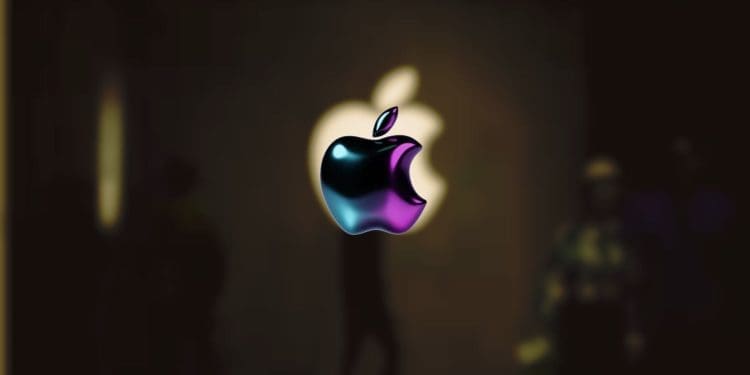- The DOJ has filed an antitrust lawsuit against Apple, alleging its iPhone ecosystem is an illegal monopoly that harms consumers, developers, and competitors.
- The lawsuit highlights how Apple maintains tight control over iOS, the App Store, and cross-platform compatibility to reinforce its smartphone dominance.
- The lawsuit does not rule out breaking up Apple, which would be one of the biggest company breakups ever under antitrust law.
The Department of Justice has filed an antitrust lawsuit against Apple, alleging the company’s iPhone ecosystem is an illegal monopoly that has harmed consumers, app developers, and rival phone makers.
DOJ Claims Apple’s Walled Garden Harms Competition
The government argues that Apple’s anti-competitive practices extend beyond just the iPhone and Apple Watch, also citing issues with the App Store, advertising, web browser, FaceTime, and news offerings. According to the DOJ, each element of Apple’s ecosystem reinforces their smartphone monopoly.
Prosecutors claim Apple has taken steps to block cross-platform messaging apps, limit third-party wallet and smartwatch compatibility, and disrupt non-App Store programs and cloud gaming services. This lawsuit threatens the core principles and closed nature of Apple’s business model.
Lawsuit Highlights Apple’s Control Over IPhone Ecosystem
The complaint highlights comments from CEO Tim Cook and other executives showing Apple’s tight control over iOS. For example, when asked about messaging between iOS and Android, Cook simply replied “Buy your mom an iPhone.”
The DOJ also focuses on the Apple Watch, saying its exclusive compatibility with iPhones means consumers face high switching costs. Additionally, Apple has fought cloud gaming services on the App Store, blocking high-quality games on iPhones.
Breakup of Apple A Possibility If Government Wins
The lawsuit does not rule out breaking up Apple if the government wins. While rare, a breakup would be one of the largest company breakups under antitrust law since the Bell System in 1982.
For its part, Apple says the lawsuit threatens the principles that set its products apart. The company plans to defend itself vigorously, arguing that compliance with regulations would hurt its ability to innovate.
Conclusion
This landmark antitrust lawsuit poses a major challenge to Apple’s closed ecosystem. If successful, it could force changes to critical iPhone businesses like the App Store. Apple disagrees with the premise but faces an uphill battle against government regulators.














